General information
- Place: Master 1 in Nantes, Master 2 in Angers
- Langue: English
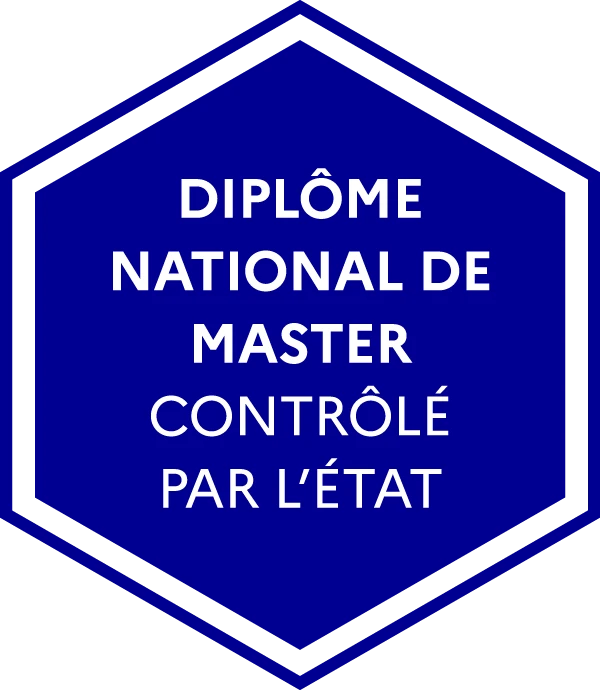
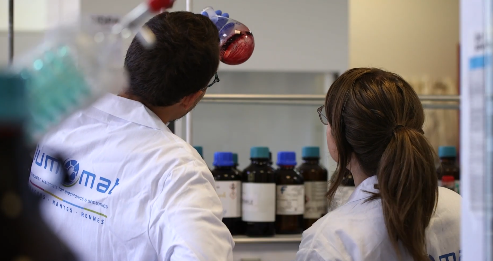
The synergy of skills brought together in the Lumomat team gives you the opportunity to develop unique know-how in the field of molecules and molecular materials. Teaching is based on a balance of lectures, practical work, tutorials and immersion in research laboratories. Workshops and projects involving close interaction with academic and industrial players give you the opportunity to tailor your course to suit the direction of your career plans.
Workshops and practical work are supported by state-of-the-art equipment available in the partner laboratories and platforms of the LUMOMAT Ecole Universitaire de Recherche (EUR), to which this course belongs. The complementary skills of these teams enable us to master the entire chain of molecular architecture development: design, modeling, synthesis and application.
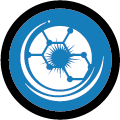
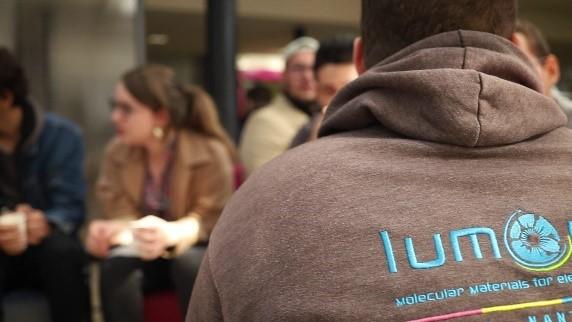
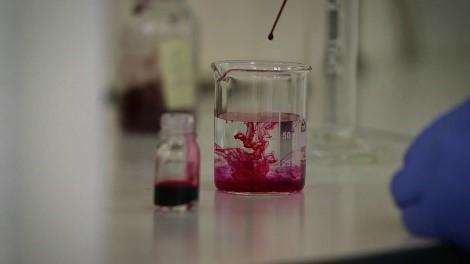
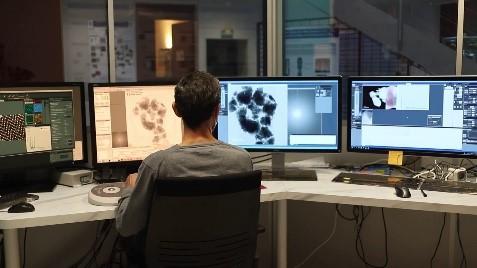
The possibility of a work-study program (apprenticeship or professional training contract) or an engineering program (through a Master's degree in Engineering) gives access to additional and complementary knowledge and skills (management, communication, project management, entrepreneurship) that are essential for integrating into companies and taking up operational engineering positions, or for creating innovative start-ups.
Skills required :
If you are a French national or a citizen of the European Economic Area + Switzerland, Monaco and Andorra: to find out the opening and closing dates of the platform and submit your application, go to the Master's application page.
You are a citizen of a country outside the European Economic Area + Switzerland, Monaco and Andorra:
For further information, please visit our Admission to Nantes University page.
Financial facilities:
The French government covers a large part of the cost of higher education at university. While a year of university study costs an average of around €10,500 per year, the tuition fees payable by the student are €254 for a year of a Master's degree and €397 for a year of a PhD, to which must be added a student life contribution of around €100. Exchange students are exempt from paying tuition fees.
International students are given priority for a room or studio in a student residence during their first year of study. The cost of accommodation varies from €260 for a room to €370 for a studio.
The programme also offers a Welcome grant of €1,500 to the best foreign students and funds internships abroad.
Internships in France are paid at a rate of around €600 per month, giving a total stipend of around :
- 1200€ to 2400€ depending on the length of the Master 1 placement
- 2400€ to 3600€ depending on the length of the Master 2 placement
To find out about the cost of living in France and estimate your budget, please see the page on Financing your studies on our website.
By the end of the course, you will have:
You will be able to:
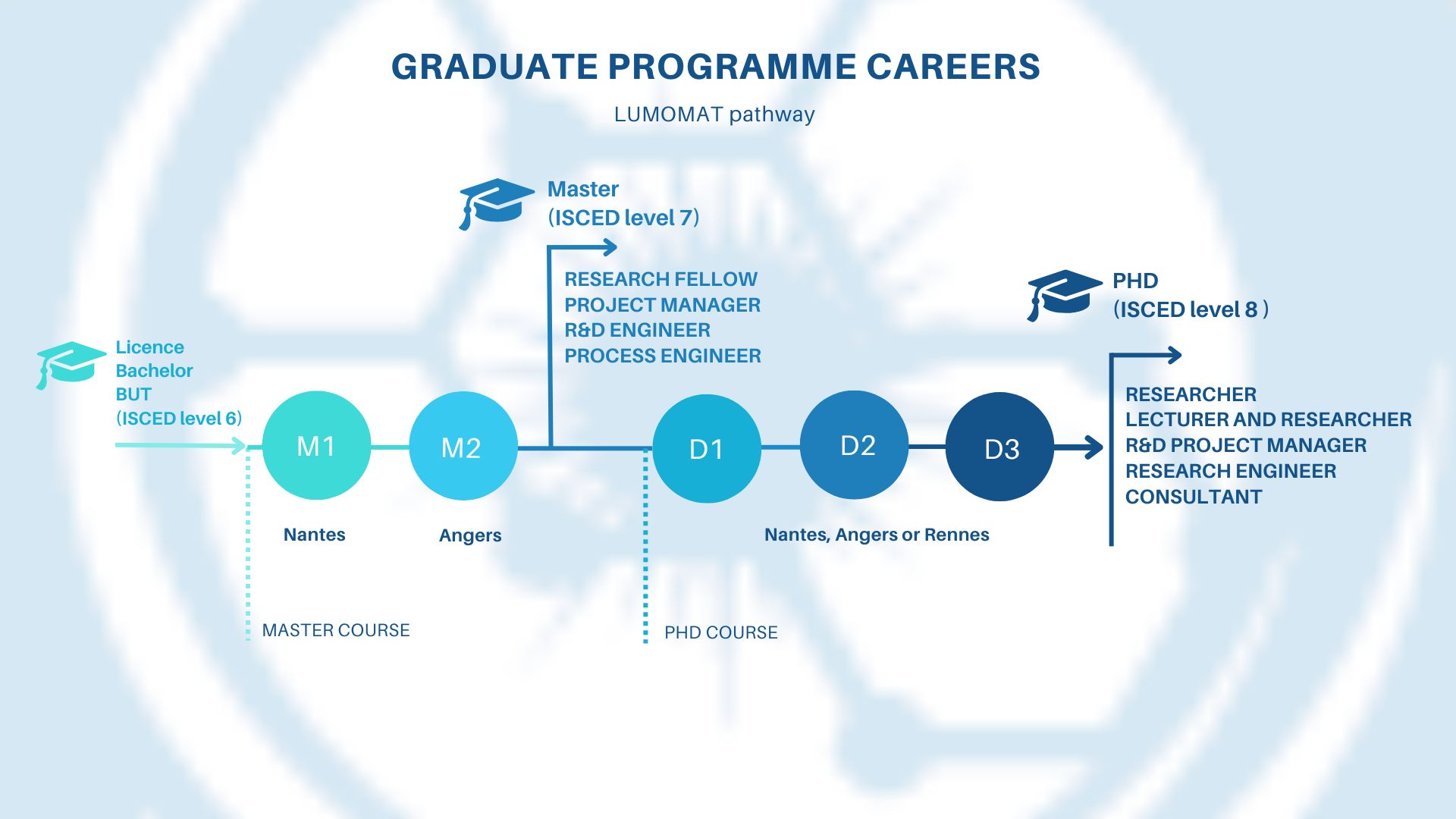
After two years of the Master's programme, you will have the choice of developing your own career or pursuing a research project at doctoral level.
People with a doctorate trained at EUR LUMOMAT will be able to work as researchers or research engineers in private organisations. In the short term, they will be able to occupy positions of responsibility (project and team management) and then compete for teaching-research positions in universities or as CNRS researchers.